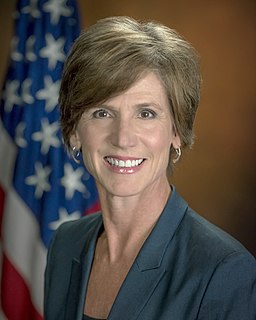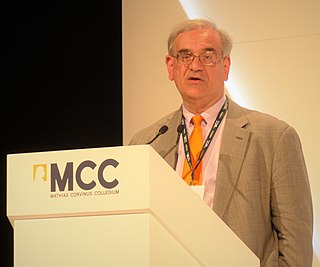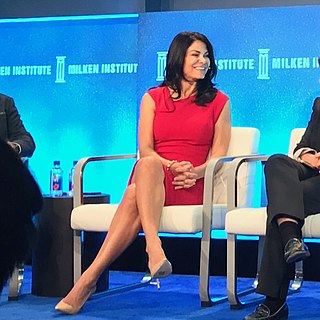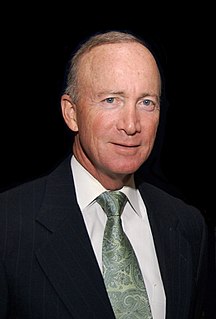A Quote by Don Yaeger
The success of corporate mentorship programs developed by some of the Great Teams in business demonstrates how powerful this concept can be and what a difference it can make. As General Electric has shown, when a corporate culture includes mentorship, the end result is a dynamic learning environment with leaders constantly shaping leaders.
Related Quotes
"Leadership" is a big topic today. We know that the world - nations and communities in addition to companies - needs more and better leaders. So I wanted to explore how leaders make a difference, how they can shift a negative cycle, turn around a losing organization, propel a team to victory when conditions aren't perfect. I saw that what leaders do is build confidence in advance of victory. Then the confidence they produce makes the hope of success turn into the reality of success, because people behave differently when they are surrounded by a culture of confidence.
Recently, there has been a profound change in how we think about corporate leadership. The 1990s was the era of celebrity leaders: we focused on Jack Welch, and not GE, on Bill Gates, and not Microsoft, on Steve Jobs, and not Apple, on Larry Ellison and not Oracle. But, on reflection, the records of most high-profile leaders have not withstood closer scrutiny. In almost all cases, it turns out that the success of organizations is due to the collective efforts of many, and not to the genius of a single, all-powerful individual at the top.
If America is to compete effectively in world markets, its corporate leaders must strategically position their companies in the right businesses, and then manage their workforces in the right ways. However, the nation has a shortage of business leaders who understand the importance of utilizing human capital to gain competitive advantage, let alone the know-how to do so. In the future, that shortcoming promises to be exacerbated because few business schools today teach aspiring executives how to create the kind of high-involvement organizations.
There has been an intention since day one that it's as important to us that we build profits as much as we build a wonderful culture and a lasting legacy of a great company. We've created this inclusive environment that's very thoughtful in terms of how we can create allyship, how we create mentorship, and what kind of voices are heard.
Politicians step up and say, "This is what were going to do: we're going to set aside 450 million dollars for a mentorship program for orphaned youth," and so on and so forth, and it sounds great in this romanticized vision of what these alleged leaders are going to do for the alleged meek. But it doesn't examine: why are these kids orphans?
































